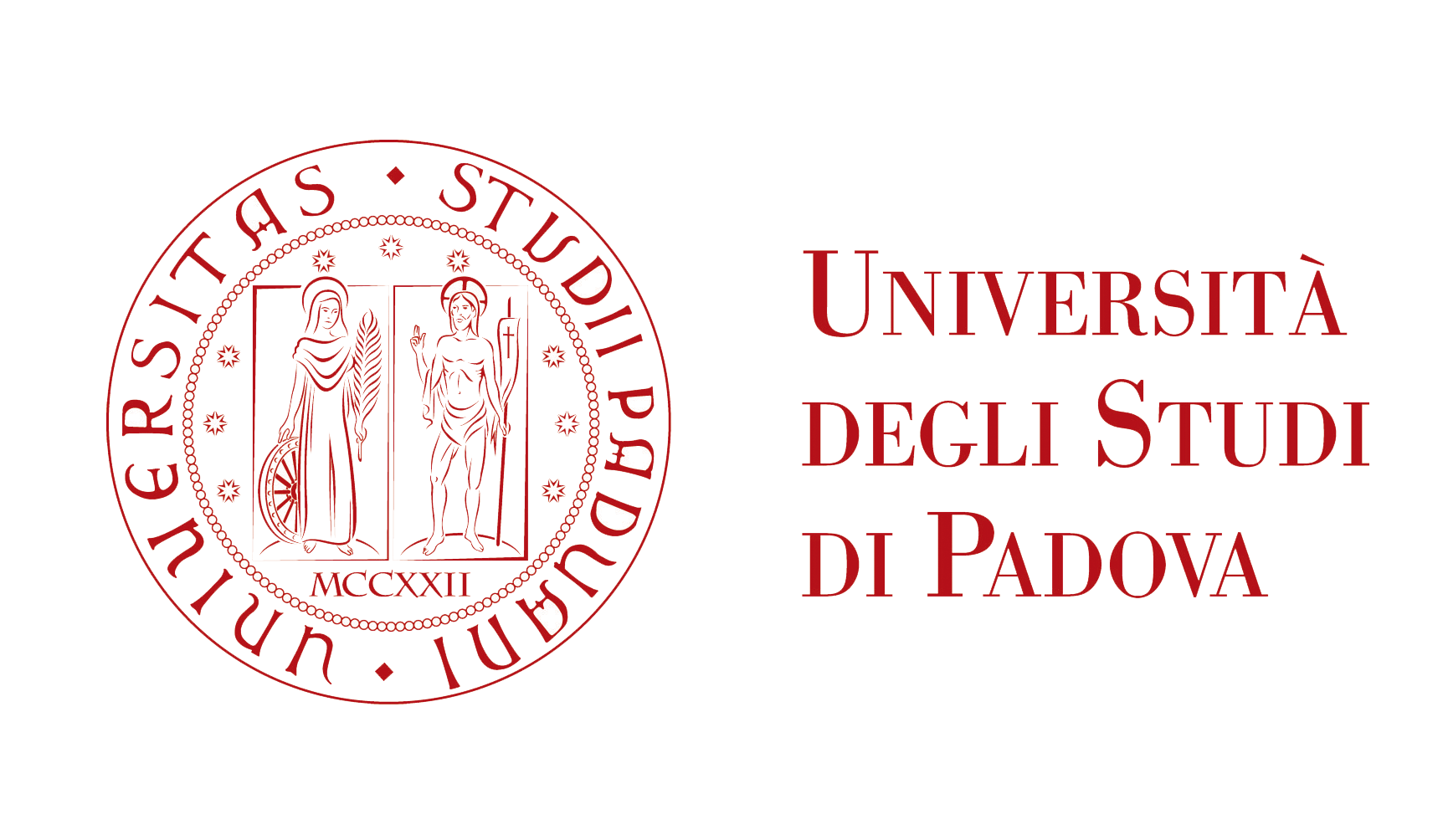(Source: Unipd.it)
We learned of a call for papers for
a conference on gun control in the period 1980s-1940s.
From the violent tensions of the
fin de siècle to the troubled institutional postwar reconstructions, from the
militarization of society produced by two world wars to the rise of new mass
political movements, the series of traumatic events that took place between the
1890s and the 1940s reshaped the relationship between the State and the
civilian population dramatically. Limits and norms of State intervention in the
private sphere were rewritten by the new necessities of modern societies, which
led to a general expansion of the institutions’ claims to regulate the lives of
their citizens more strictly.
The affirmation – in theory, if not in praxis – of the Weberian model of State monopoly on legitimate violence contributed, in a growing process of global integration, to redefine and often enlarge State powers of control, making them as far-reaching and pervasive as ever. The increasing willingness to control on the part of the State resulted – among other things – in a generalized reduction in the institutional tolerance for private use of firearms. In this framework, an analysis of the spread, the use and the regulations on private gun ownership can certainly provide a prism through which scholars can gain a more nuanced understanding of those years.
Recently, historians have produced a growing body of research on the role of armed violence in societies where the practice and the use of weapons in the private sphere created an unprecedented familiarity with firearms. Yet, private gun ownership – despite being pivotal in testing the efficacy of State conceptions of monopoly – rarely, if at all, features in the narrative of the period. Indeed, while gun control is at the center of a highly polarized political and public debate today, its definition as a historical problem – and its evolution through history – is still absent in most historiographical reflections on the first half of the twentieth century. The issue of private gun ownership, while often overlooked, can provide additional insight into the institutional, social, and cultural life of the prewar, wartime, interwar and postwar States and societies.
This conference seeks to reflect on the relationship existing between private gun ownership and the processes of imposition (or re-imposition) of State legitimacy in peacetime as much as during or in the aftermath of armed conflicts. It intends to do so specifically by addressing how the process of modernization and its ensuing tendency to codification and the world wars and their long shadows have had an impact on three aspects of these processes: institutional regulations on civilian possession of firearms from above; juridical debate on limits and rights of State control; practices and culture of gun ownership on the ground.
The event will also consider the reality of private gun ownership in the diverse political experiences that emerged during the interwar period, investigating how both newly-established dictatorships – especially the ones that ascended to power thanks to the support both practical and ideological of private party militias –, and democratic regimes – in need of grounding their legitimization through stricter control practices – dealt with issues concerning gun control among civilian population and the presence of private armed corps in the social sphere.
The event stems from the Padua-based projects FARE 2016, “A Fragile Monopoly? Firearms, self-defence, gun licence and the state monopoly of legitimate violence in Italy, Spain and the United Kingdom (1860-1960)”, and ERC-StG 2015, “The Dark side of the Belle Epoque. Political Violence and Armed Associations in Europe before the First World War”, which mostly focus on central and western Europe. Although looking at European case-studies with particular attention, a thematic rather than geographic approach is privileged: therefore, the organizers invite scholars, at any stage of their career, to submit their abstract focusing on gun control-related issues set in the Americas, the Middle East, Asia, Africa and Oceania, too. Studies highlighting transnational connections in the realm of circulation of ideas, norms and practices are also particularly welcome.
The conference will focus on topics such as – that are not limited to – the following:
– The development and evolution of government regulations on gun control;
– Experiences of citizen militias and/or private armed police;
– State attitude towards devolution of public policing into the hands of private armed groups;
– Practices and cultures of private gun ownership;
– Juridical conceptions of limits and margins of State monopoly on violence;
– Civilian disarmament in wartime and post-conflict situations and restoration of State authority;
– The history of national or local shooting clubs and their role in spreading gun culture among citizenry;
– Relevant cases of private armed violence and their repercussions on the political debate.
Proposals might also explore related aspects such as:
– Gender relations – female experiences of gun ownership;
– Firearms as sport – regulations, institutions and culture;
– Social and cultural relevance of armed self-defence;
– Guns and gun restrictions in popular culture.
How to apply:
Please submit a 300-word abstract and a brief academic CV at marco.aterrano@unipd.it by 15 March 2020.
Funds are available for all selected participants to support travel and lodging expenses. Meals throughout the duration of the conference will also be provided by the hosting University.
Please address any further questions to Marco Maria Aterrano at marco.aterrano@unipd.it
(Source: ENRS)


No comments:
Post a Comment